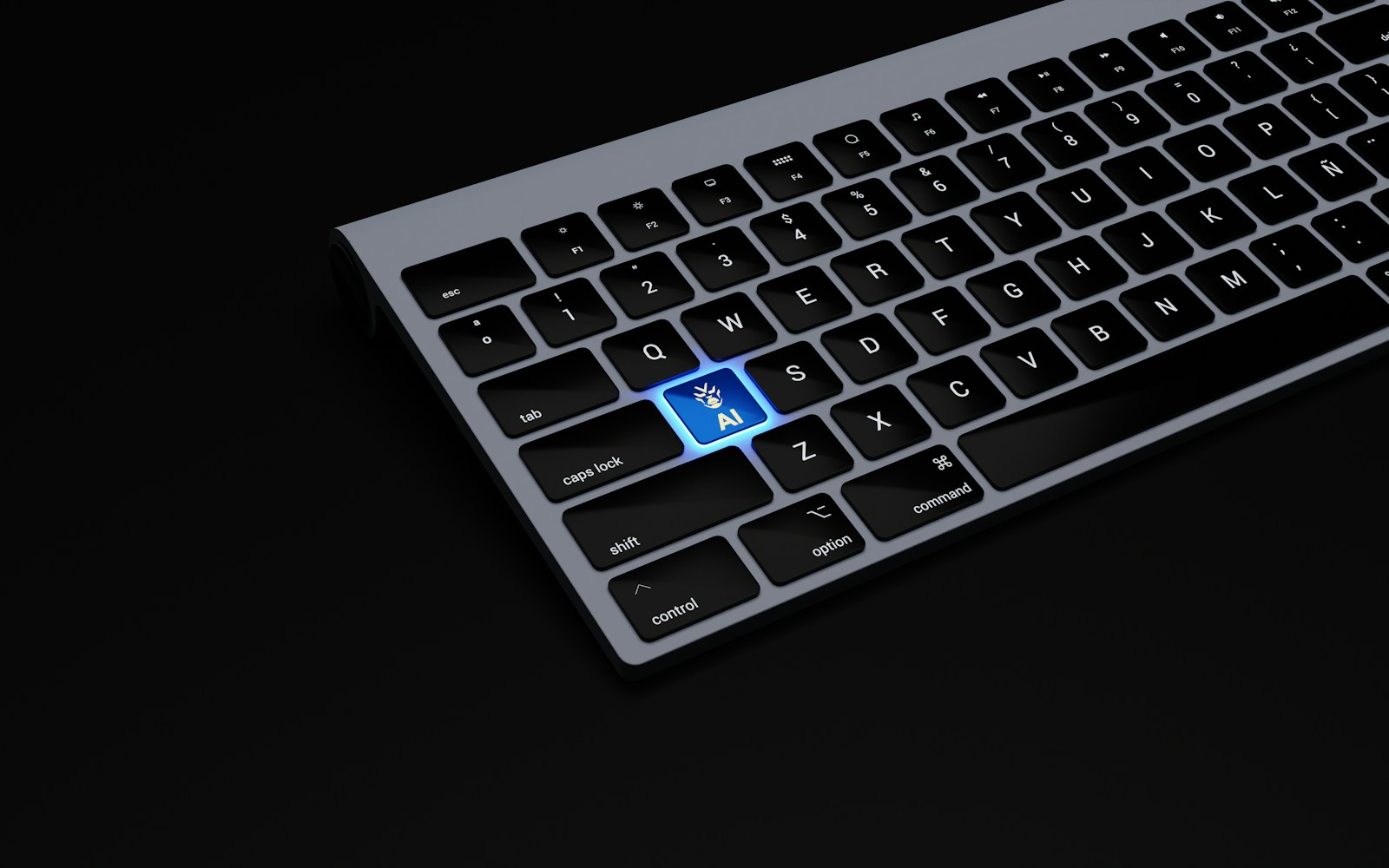AI in Healthcare Documentation: How SOAP Notes Are Being Transformed
Introduction
Healthcare professionals spend up to a third of their workday on documentation, time that could be better spent on patient care. AI in healthcare documentation is changing this reality for allied health professionals by automating and enhancing the creation of clinical notes. This technological advancement is particularly impactful for SOAP notes, the standardised documentation format used across healthcare disciplines.
For physiotherapists, occupational therapists, psychologists, and other allied health professionals, AI tools are reducing administrative burden while improving documentation quality. This article explores how AI is transforming healthcare documentation and what it means for your practice.
The Role of AI in Healthcare Documentation
AI technologies are fundamentally changing healthcare documentation through several key mechanisms:
- Natural language processing enables the understanding and interpretation of clinical conversations.
- Machine learning algorithms adapt to individual provider documentation styles.
- Automated data extraction pulls relevant information from patient interactions.
According to Healthcare IT News, AI-powered documentation tools can reduce the time spent on paperwork by up to 40%, allowing healthcare providers to focus more on patient care. This efficiency gain doesn’t come at the expense of quality—in fact, AI often improves documentation accuracy by reducing human error from fatigue or distraction.
Medical Dictation: Enhancing Accuracy and Efficiency
Medical dictation has evolved significantly with AI integration. Modern AI-powered dictation systems go beyond simple voice-to-text transcription by:
- Recognising specialised medical terminology with high accuracy.
- Formatting notes according to clinical documentation standards.
- Learning from corrections to continuously improve performance.
Research from Medical Economics indicates that AI dictation tools can reduce documentation time by up to 50% compared to traditional typing methods. For allied health professionals who see multiple patients daily, this time savings is substantial.
The integration of these dictation tools with Electronic Health Records (EHRs) creates a seamless workflow where patient information is automatically organised and stored in the appropriate sections of the record.
Shorthand Notes for Physical Therapists
Physical therapists and other movement specialists have unique documentation needs that AI is now addressing through specialised shorthand note capabilities.
AI tools can generate concise yet comprehensive notes that capture:
- Movement assessments and functional limitations.
- Treatment interventions and patient responses.
- Progress measurements and goal attainment.
The Physical Therapy Journal reports that AI-generated shorthand notes improve documentation speed by approximately 30% while ensuring consistency across patient records. These tools are particularly valuable during hands-on sessions where stopping to take detailed notes is impractical.
For example, a physical therapist can briefly note key observations during a session, and the AI will expand these into properly formatted clinical documentation that meets billing and compliance requirements.
AI Scribe Technology: Reducing Administrative Burden
AI scribes represent one of the most significant advancements in healthcare documentation. These digital assistants listen to patient-provider conversations and automatically generate clinical notes, functioning like a virtual medical scribe.
For allied health professionals, AI scribes offer several key benefits:
- Real-time documentation during patient interactions.
- Reduced cognitive load during complex clinical reasoning.
- Improved patient engagement through maintained eye contact.
Health Affairs research shows that AI scribes can reduce documentation time by 20-30%, allowing clinicians to see more patients or spend more quality time with each one. This technology is particularly valuable for practitioners in high-volume settings or those working with complex cases requiring detailed documentation.
AI scribes are increasingly being adopted across allied health disciplines, as highlighted in How AI Enhances SOAP Notes for Allied Health, demonstrating their versatility and effectiveness.
Automating SOAP Notes in Modern Healthcare
SOAP notes (Subjective, Objective, Assessment, Plan) remain the gold standard for clinical documentation, but creating them manually is time-consuming. AI automation is transforming how these notes are generated while maintaining their structured format.
AI-powered SOAP note generation offers:
- Automatic categorisation of information into appropriate SOAP sections.
- Standardised terminology that meets documentation requirements.
- Consistency across providers within the same practice.
The Journal of Healthcare Informatics reports that automated SOAP notes can improve documentation efficiency by up to 40% while ensuring compliance with healthcare documentation standards.
For occupational therapists specifically, AI tools are making significant improvements to documentation workflows, as detailed in 5 Ways AI Scribes Transform Occupational Therapy Notes.
Trends in Healthcare Documentation
Several key trends are shaping the future of AI in healthcare documentation:
- Multimodal AI that combines voice, text, and visual inputs for comprehensive documentation.
- Specialty-specific solutions tailored to the unique needs of different healthcare disciplines.
- Interoperability improvements allowing seamless data sharing between systems.
- Enhanced security measures protecting sensitive patient information.
According to Healthcare Finance News, AI-driven documentation tools are expected to grow by 25% annually, with 70% of healthcare providers seeking integrated solutions that work across their existing systems.
This growth is evident in specialised fields like chiropractic care, where AI is making significant inroads as discussed in 5 Ways AI Transforms SOAP Notes in Chiropractic Care.
Challenges and Considerations
Despite the benefits, implementing AI in healthcare documentation comes with challenges that practitioners should consider:
| Challenge | Consideration |
|---|---|
| Accuracy concerns | AI tools require review and editing by healthcare professionals |
| Privacy and security | Ensure HIPAA compliance and robust data protection measures |
| Integration with existing systems | Verify compatibility with your current EHR before implementation |
| Learning curve | Allow time for staff training and adaptation to new workflows |
The nursing field has developed effective strategies for addressing these challenges while maximising the benefits of AI documentation, as explored in AI SOAP Notes for Nursing Documentation.
Conclusion
AI in healthcare documentation represents a significant advancement for allied health professionals seeking to reduce administrative burden while improving documentation quality. By automating and enhancing SOAP notes, medical dictation, and clinical documentation, AI tools allow practitioners to focus more on what matters most—patient care.
The technology continues to evolve, with increasingly specialised solutions for different healthcare disciplines and improved integration with existing systems. For allied health professionals looking to improve efficiency without sacrificing documentation quality, AI-powered tools offer a compelling solution.
AllyScribe’s AI scribe technology specifically addresses the documentation needs of allied health professionals, providing tailored solutions that integrate with existing workflows and EHR systems. By implementing AI documentation tools, practitioners can reclaim valuable time while maintaining comprehensive, compliant clinical records.
References
- Healthcare IT News. (2023). The Role of AI in Healthcare Documentation.
- Medical Economics. (2023). AI-Powered Medical Dictation: Benefits and Challenges.
- Physical Therapy Journal. (2023). Shorthand Notes and AI: A New Era for Physical Therapists.
- Health Affairs. (2023). AI Scribes: Revolutionising Healthcare Documentation.
- Journal of Healthcare Informatics. (2023). The Future of SOAP Notes with AI.
- Healthcare Finance News. (2023). Trends in Healthcare Documentation: AI and Beyond.


